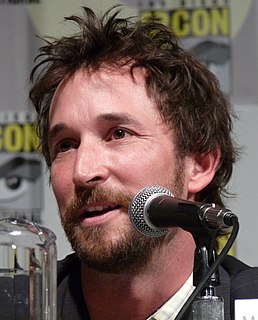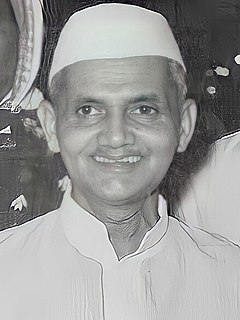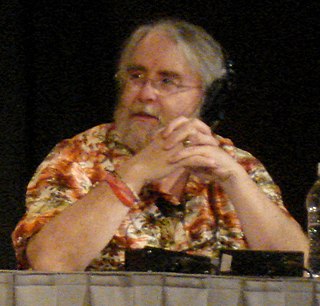A Quote by Vinod Khosla
New industries are created by entrepreneurs who don't necessarily have subject matter expertise when they get started, yet they are still responsible for most of the innovation we see in society.
Related Quotes
I was not necessarily the best student. I was not necessarily the favourite kid. I wasn't necessarily the most responsible or the most ambitious, and suddenly, when you get given celebrity, you get anointed with all these lovely qualities that you don't have, necessarily, but everyone assumes you must because you're successful.
Innovation is the specific tool of entrepreneurs, the means by which they exploit change as an opportunity for a different business or a different service. It is capable of being presented as a discipline, capable of being learned, capable of being practiced. Entrepreneurs need to search purposefully for the sources of innovation, the changes and their symptoms that indicate opportunities for successful innovation. And they need to know and to apply the principles of successful innovation.
Consensual paranoia - the pathology of the normal person who is a member of a war-justifying society - forms the template from which all the images of the enemy are created. By studying the logic of paranoia, we can see why certain archetypes of the enemy must necessarily recur, no matter what the historical circumstances.
Prosperity in human society is misunderstood. The difference between a rich and poor society is the number of problems that society solves for its citizens. That means technological innovation is the source of all prosperity, but with every tech innovation, you also get disruption - ultimately, social and civic disruption.
There are two sure ways to fail: never get started and quit before you succeed. Many companies promote the language of risk-taking and innovation but are so concerned with short term profit goals that their culture discourages innovation (trying new things) and abandons promising projects too soon. It shouldn't require exceptional moral courage to try new things and stick with them.


































